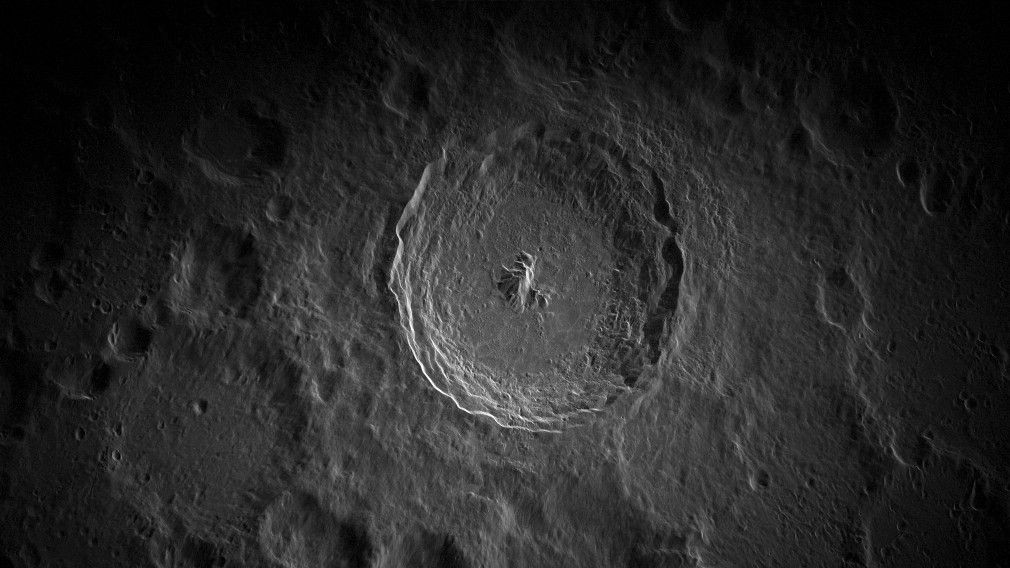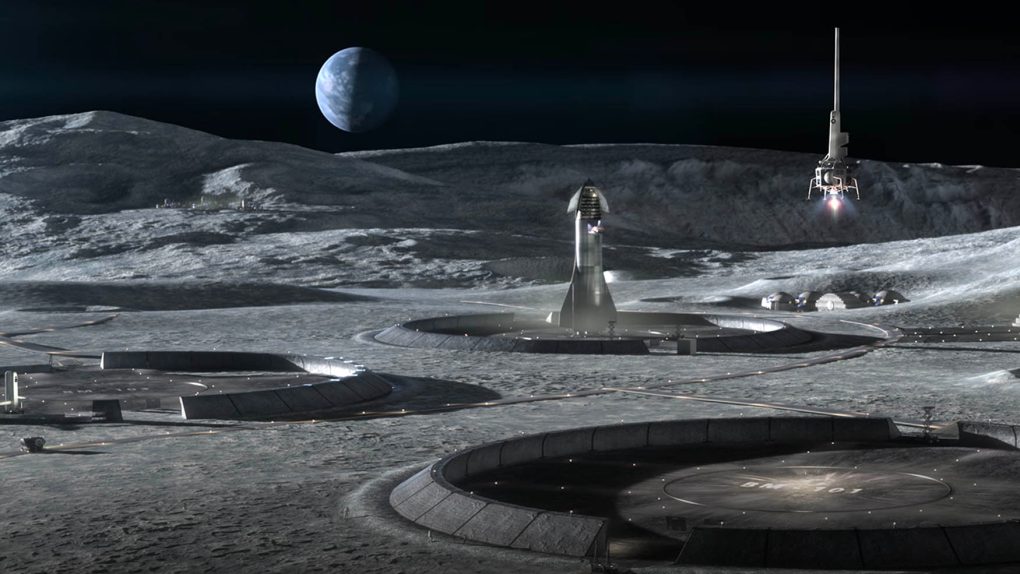Scientists have big plans for the Moon. In fact, many want to create a base on the Moon and then continue space exploration from there, allowing for rockets to take off without needing to escape Earth’s gravity. If we are going to do all that, though, some scientists say we need to come up with one specific reference for lunar communications: a moon-based time zone.
One of the big plans for the Moon is to create a lunar telecommunications service. In fact, the European Space Agency is already trying to get private companies on board with a venture of that sort. And, as the race to get back to the Moon continues to speed up, coming up with long-term plans means figuring out everything we need to make a Moon base successful, including a Moon-based time zone.

The need for such a time zone comes from the need to provide more accurate location data to users on the surface of the Moon. Currently, missions on the Moon synchronize their clocks with those on Earth. However, this would prove inadequate in future missions, the ESA says, especially as more missions take flight. Having a Moon time zone would help with that.
Talks of creating a special time zone for the lunar body began last November during a meeting at the ESA’s European Space Research and Technology Center in the Netherlands, a statement announced. Having a standardized Moon time zone is also part of NASA’s larger effort to create the LunaNet, a network of digital architecture meant to allow for communication and navigation on the Moon.
There is no current launch date for the Moonlight satellites that would allow LunaNet to work. There’s also no guarantee of when a Moon-based time zone might be created or even how different it might be from our time zones on Earth. But the need for such a thing is only growing, so it will be interesting to see where the ESA goes from here.








